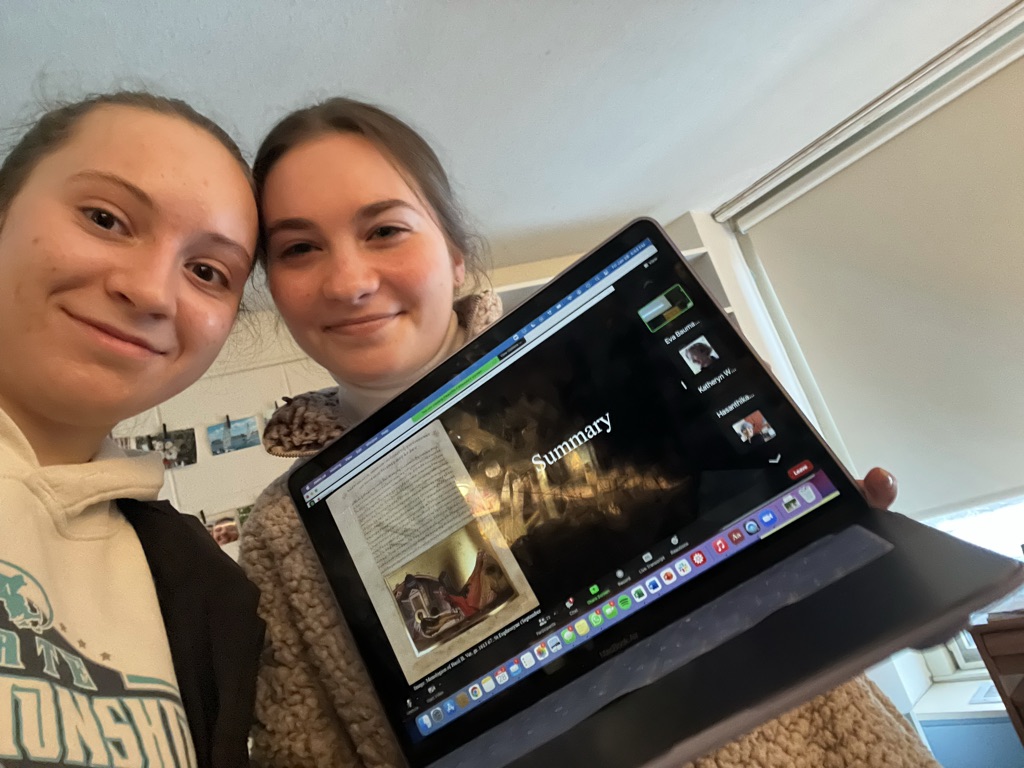Politics Mastery Quiz Cometh!
Greetings Roman,
This week you’ll prove your knowledge of Roman politics by completing a simple quiz on important attribute, offices, and organs in the Roman government. Since the game operates within the parameters of Roman governance, it is vital that you understand the players, the processes, and the parts or the Republic.
The quiz will consist of around 30 questions in 3 parts:
- Magistracies & Assemblies
- True / False about the Roman constitution, political offices, etc.
- General Politics & Scenarios (here you will receive a very short sketch of a situation or action and you will select what happens next based on your knowledge of Roman politics).
To successfully complete the map quiz, you must by the end of the day on SATURDAY.
☐ Complete your quiz with honor. This quiz is closed book and must be completed without notes or other resources.Once you have seen the quiz, you should not refer to notes or other resources. You have as long as you need to take the quiz but it must be done in a single sitting.
☐ Correctly identify at least 90% of the items on the quiz.
If you have scored above an 80% you may automatically revise your quiz (see course blog, “Guidelines for Revising Quizzes”, for more information).
You may RETAKE a quiz with a lower score by use of a tabella.
To help you prepare, here are several resources. In essence, if you know the information on these two documents, you will have your basic Roman politics down (note that you’ve already encountered all of this; this quiz is an opportunity to consolidate that knowledge and spot any gaps in advance of the game).
- The Cursus Honorum Handout (slightly updated)
- This flow chart, slightly less confusing than the one shown in class.
If you have any questions, please do not hesitate to ask.
When you are ready to take your quiz, you may do so here.


